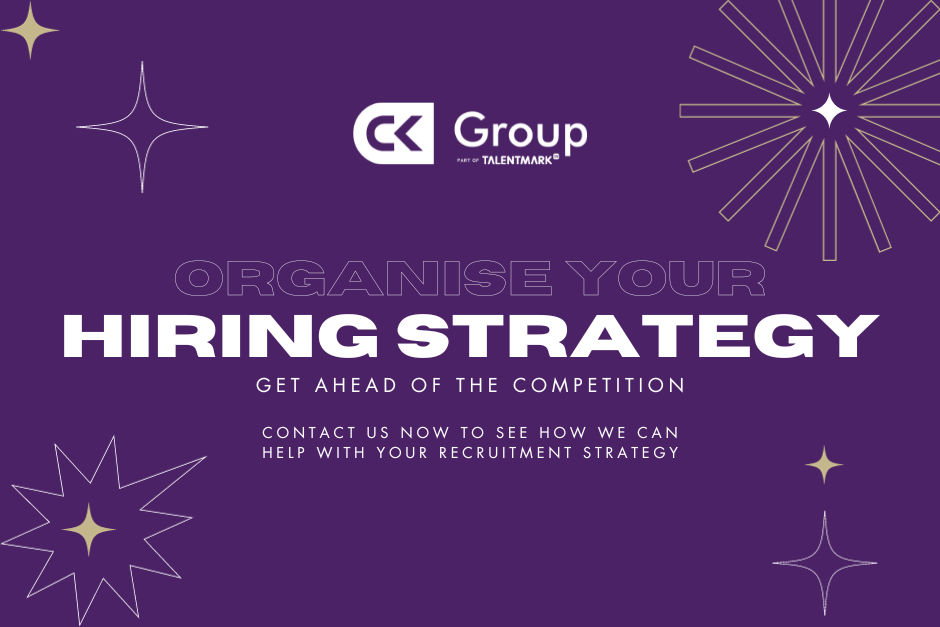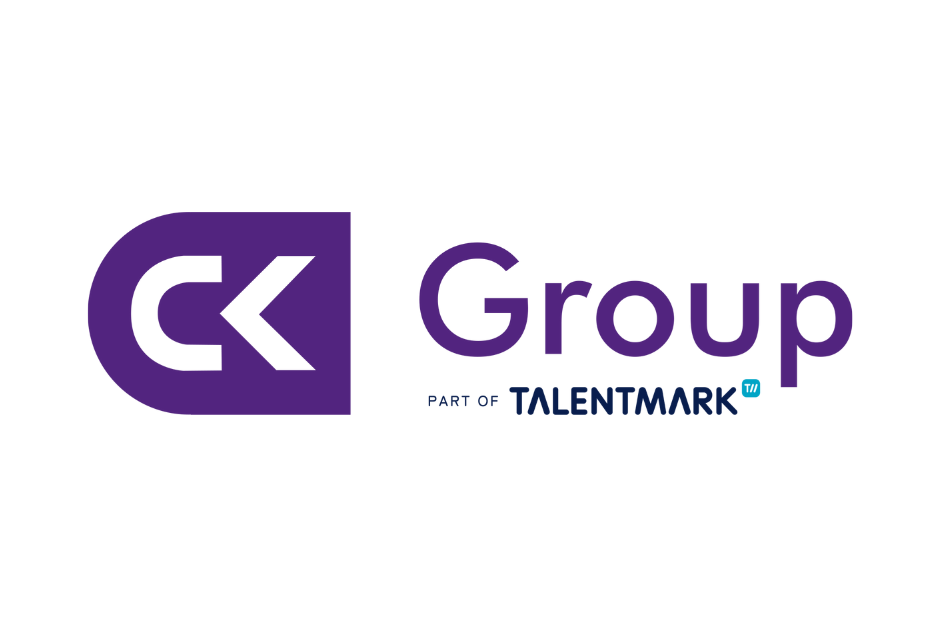Client
Is your recruiting process costing you candidates?
The current financial climate and world events have dramatically changed the world of recruitment, with candidates focusing more on having a good work-life balance, being more selective with their choices and prioritising benefits packages.

Organise your hiring strategy
Start the year well with new hires! In the rapidly advancing field of Life Sciences, Chemicals, Engineering and Clinical Research, staying ahead requires not only pioneering research and innovation but also a workforce equipped with diverse skills and expertise. As the industry evolves, so do the challenges and opportunities in attracting top talent.

Unbiased hiring with CK Group
People can be the most important assets to a successful business, and by putting in place measures that give everyone a fair chance we increase the odds of finding the perfect fit for an organisation.

Why work life balance is important for both employers and employees
Work life balance is crucial for both employers and employees, it contributes to the overall wellbeing and success of both parties.
